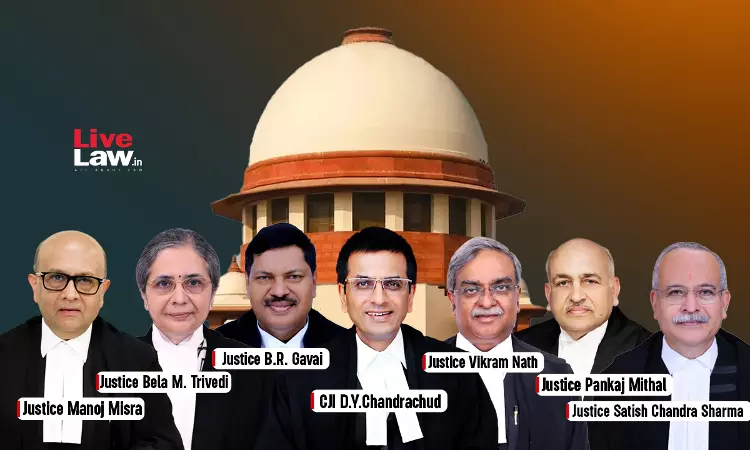A recent judicial statement urging the excluding of the ‘creamy layer’—India’s relatively richer and more privileged backward class individuals—from reservation privileges has created a nation-wide political and social storm.
The judge’s comment, intended to see that reservations find the actually underprivileged, has reopened the old debate on equity versus entitlement in India’s positive discrimination policy. One contending argument is that keeping out the rich within backward classes is essential to lift the poorest and most oppressed segments.
But the statement has polarized political parties. While some see it as an essential reform meant to check the abuse of caste-based quotas, others say it dents the constitutional protections and hard-won rights of backward communities, risking greater fragmentation.
The row raises a fundamental question: Should socio-economic status take precedence over caste as the primary determinant for affirmative action? With the debate reaching a fever pitch, policymakers are being asked to review reservation systems so that justice, equity, and equal access to opportunities can be assured for everyone.








